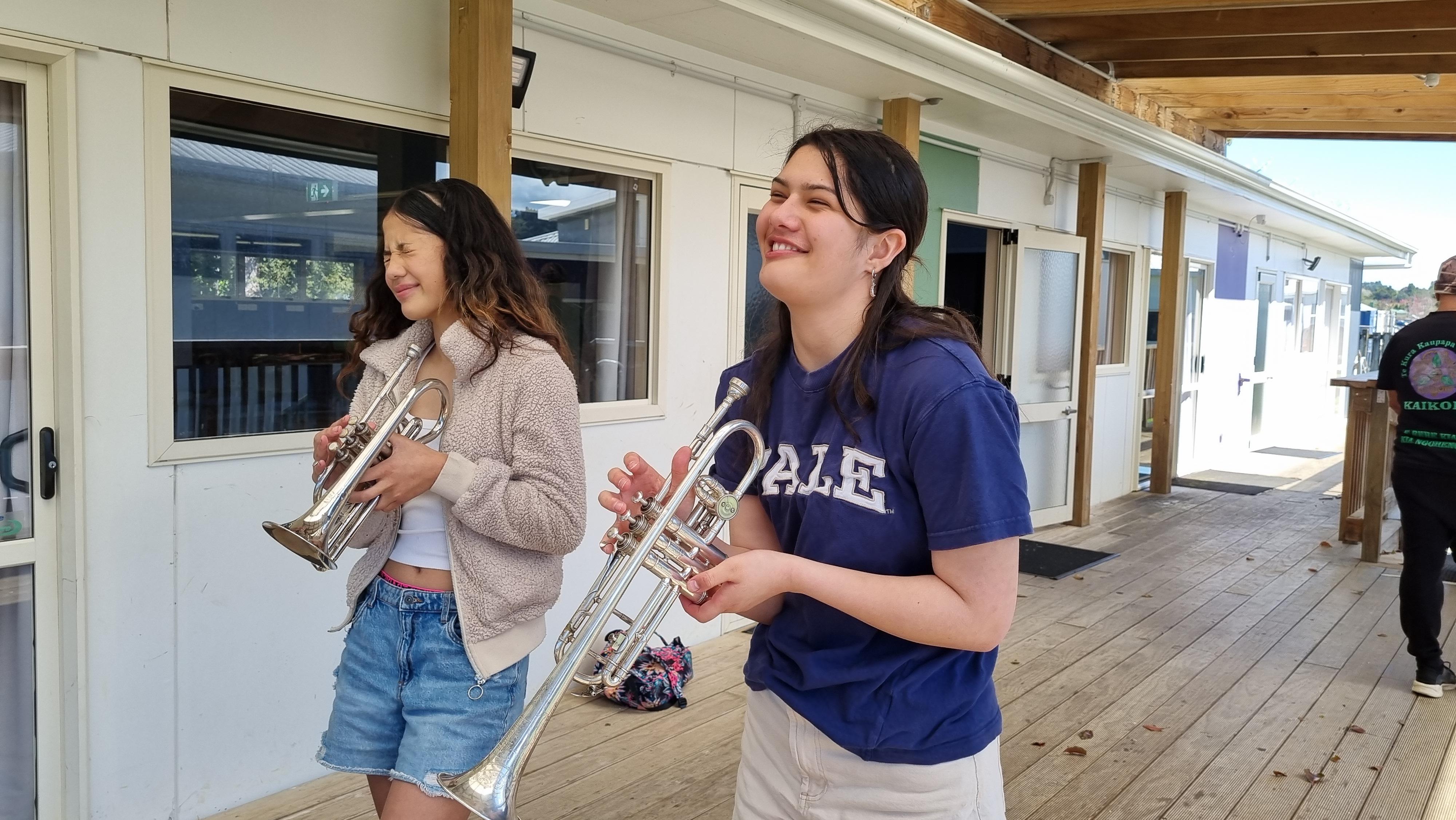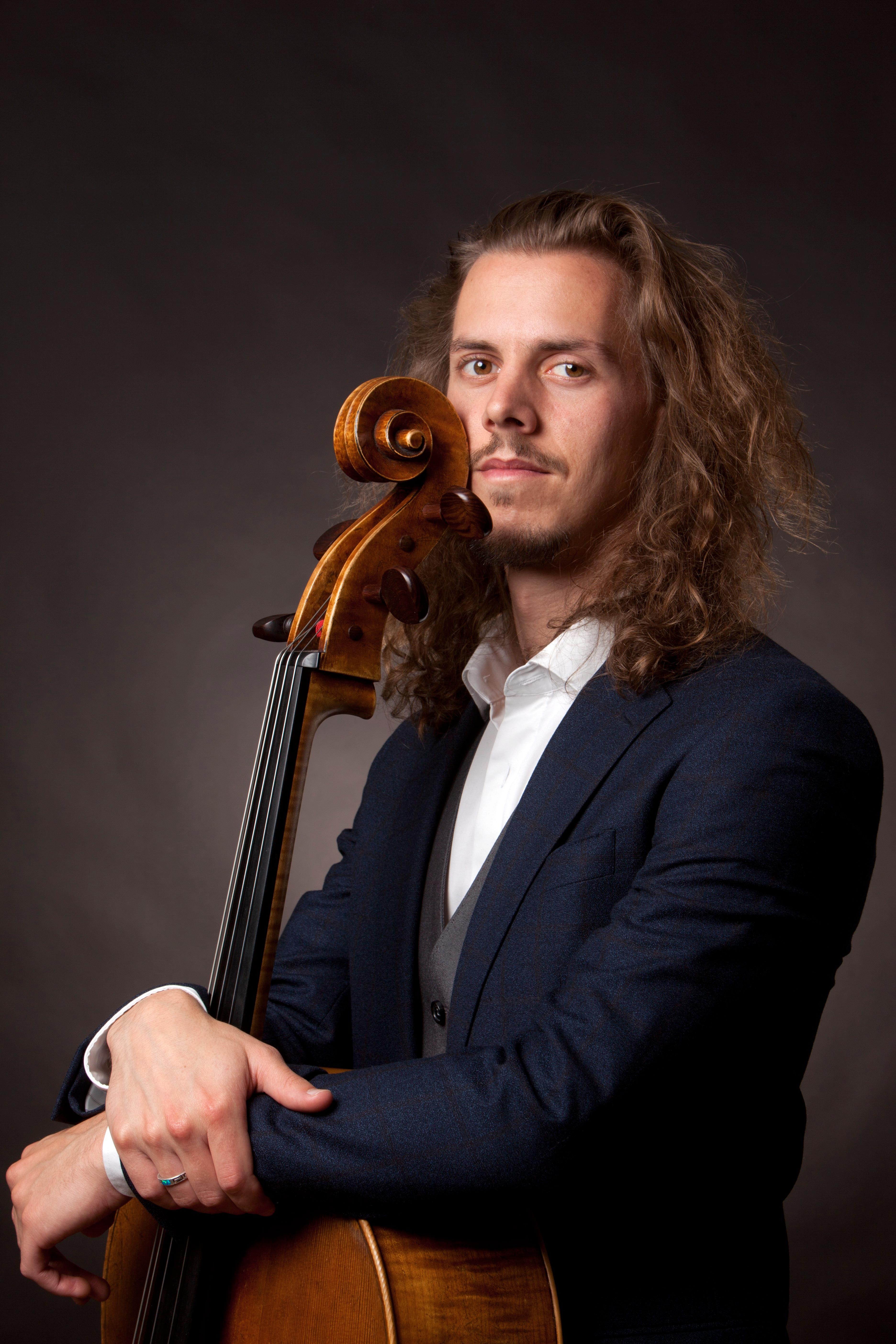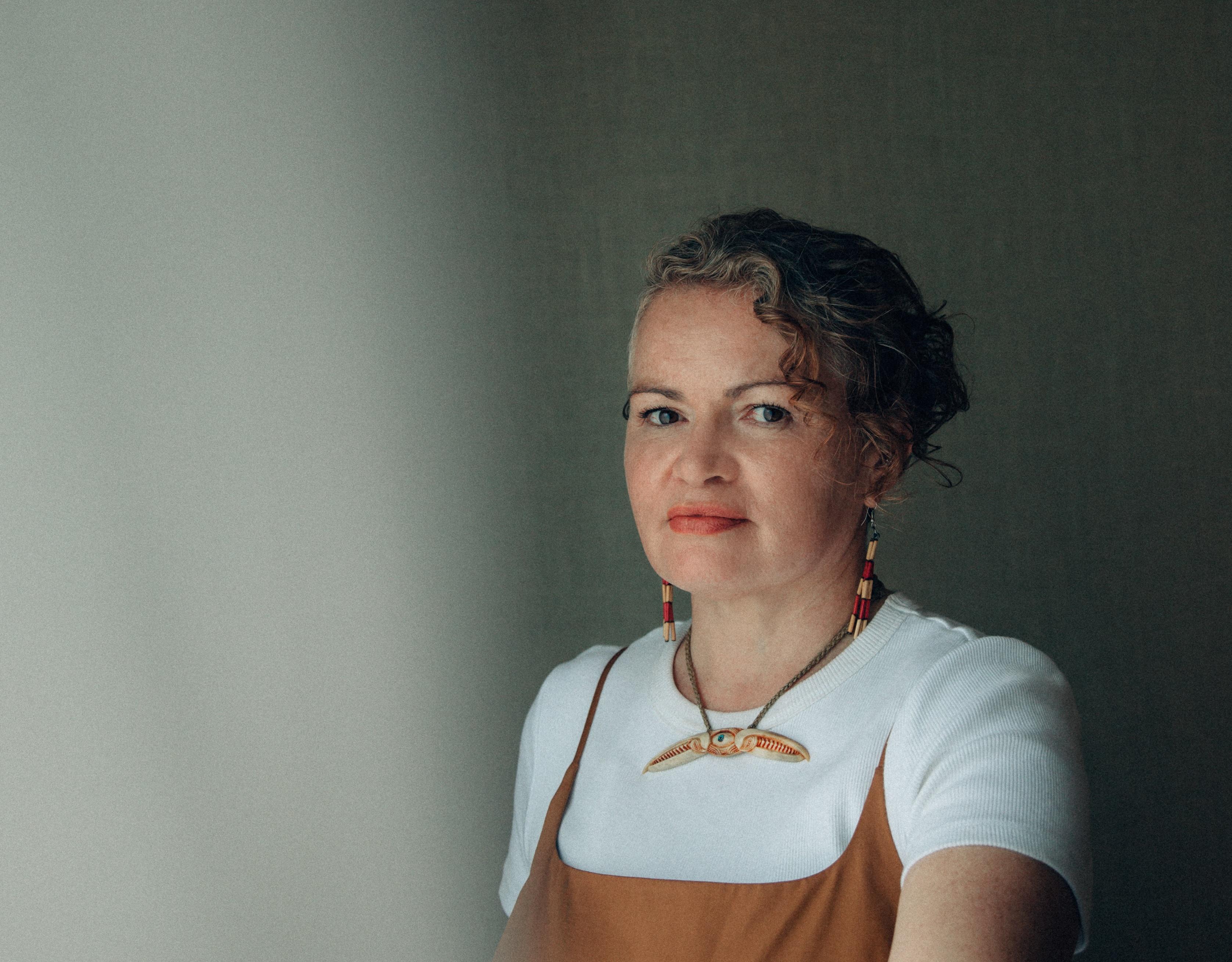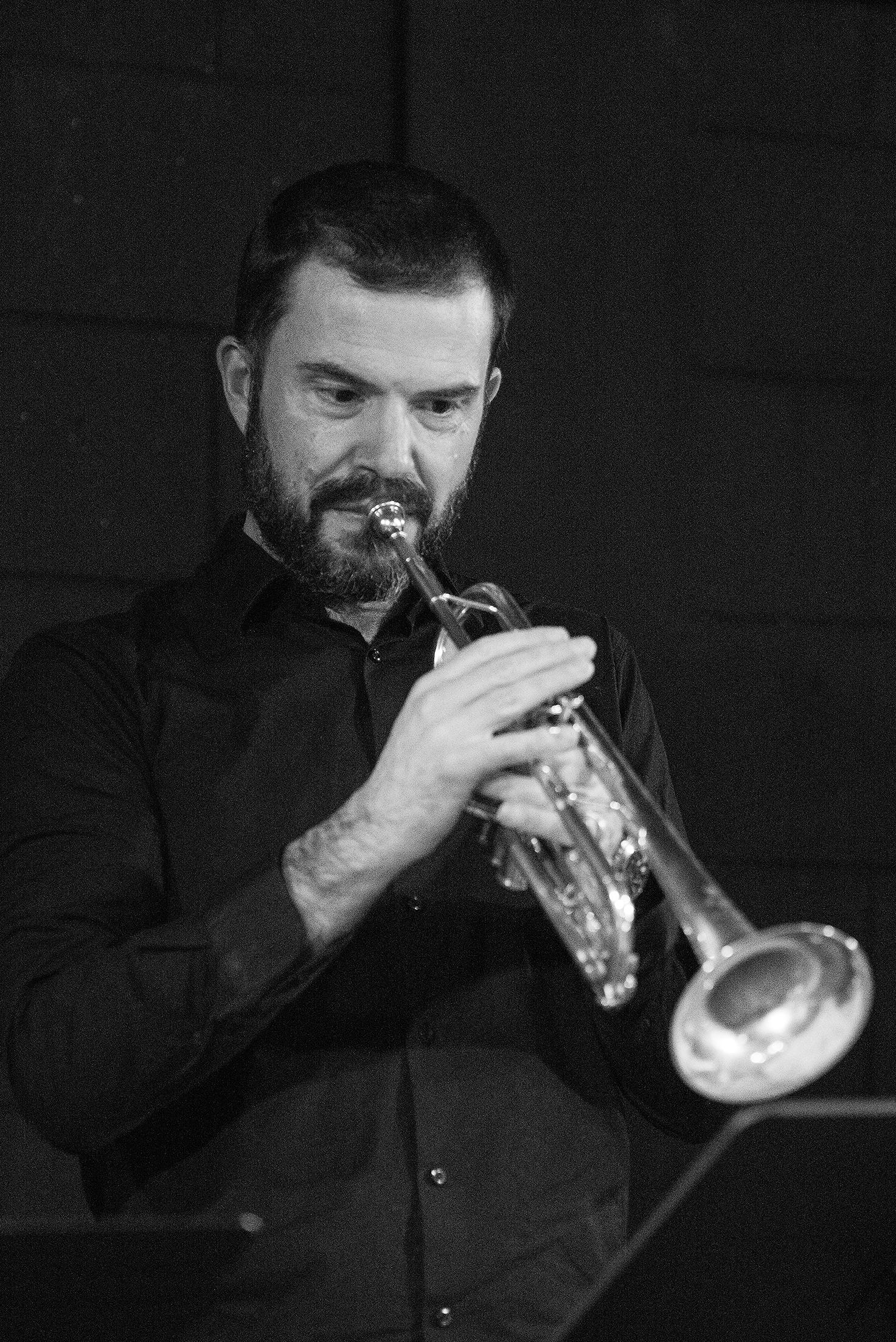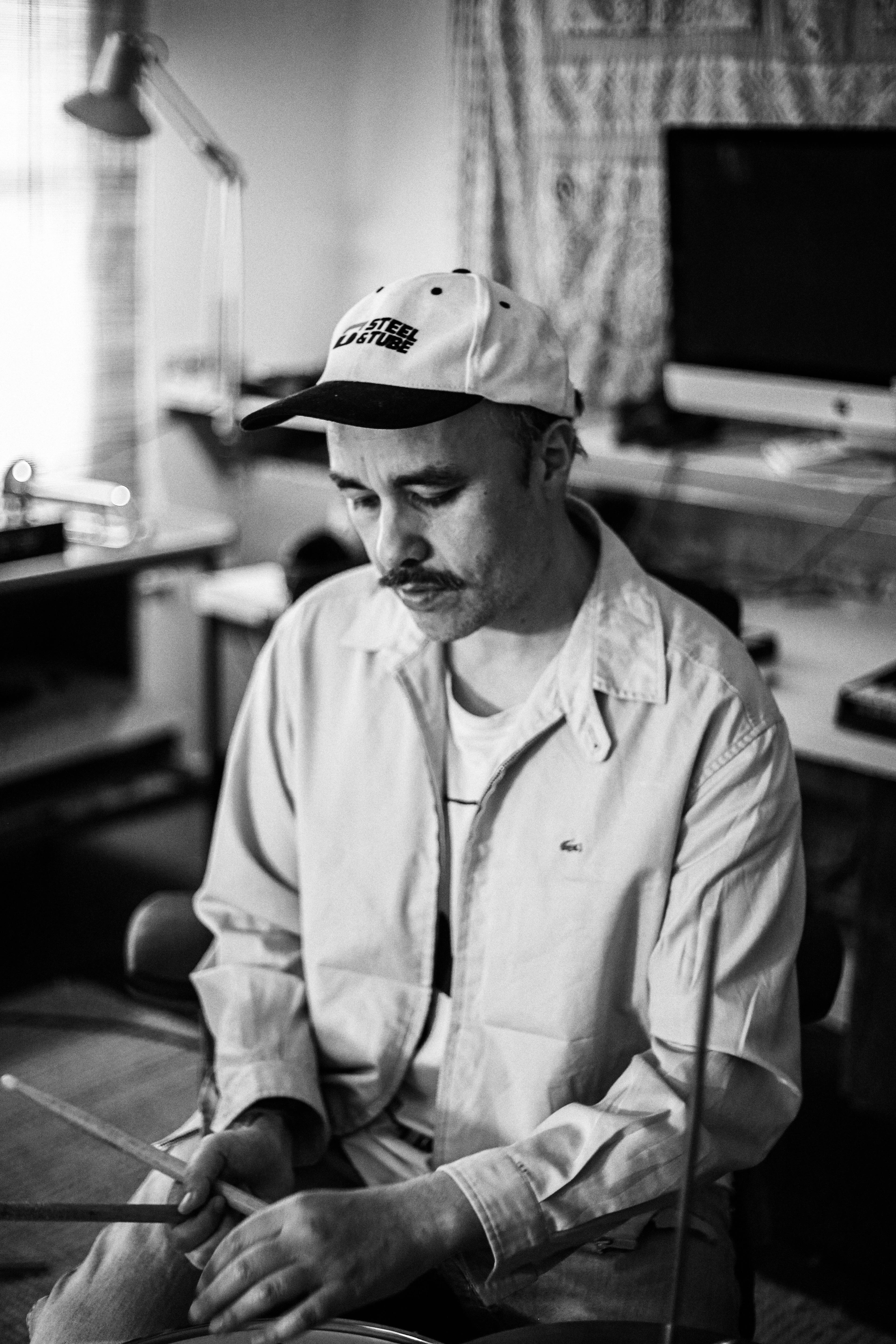Kōrero with Piers Lane
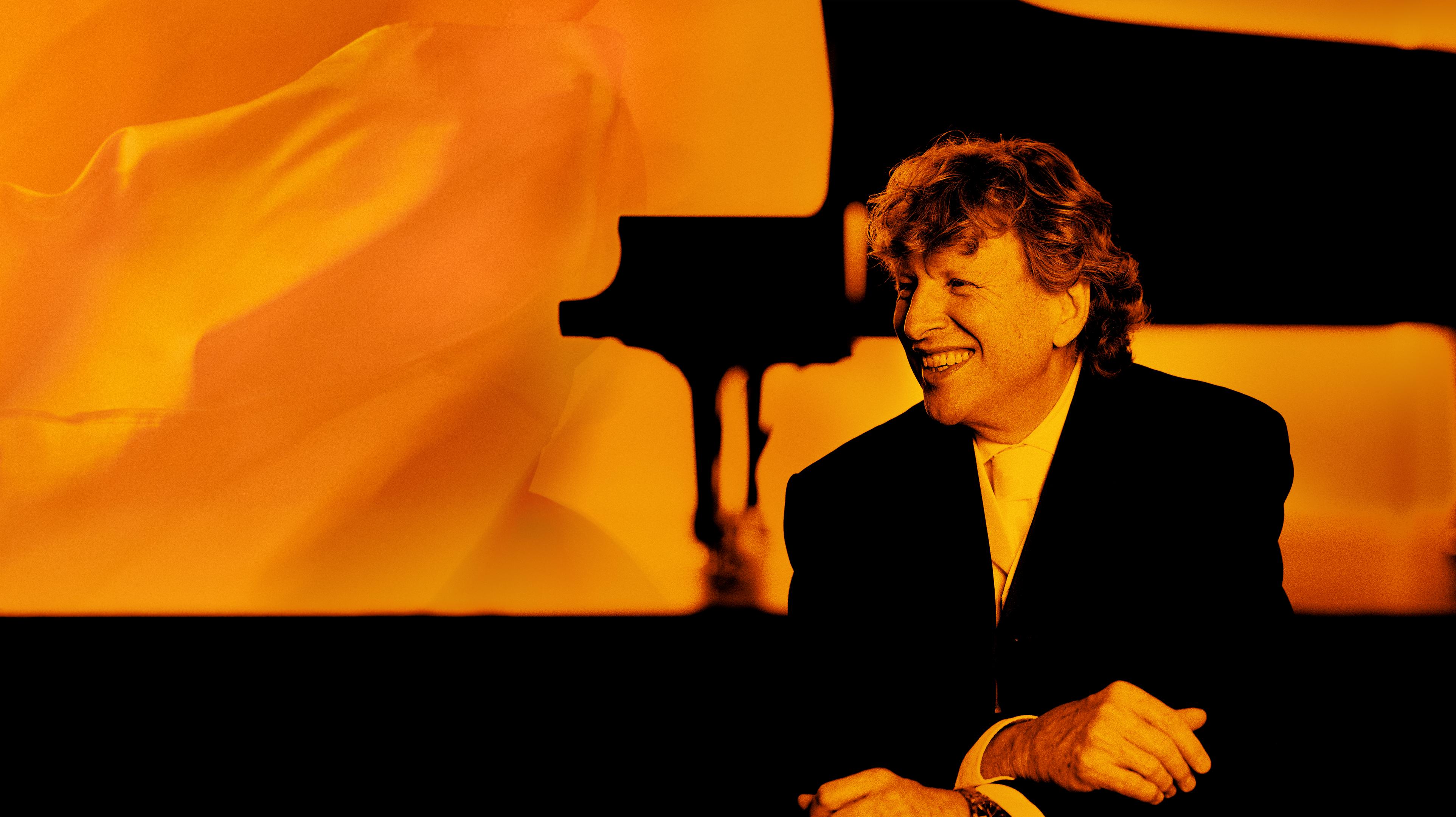
Q: You're undertaking quite a remarkable journey with these Nocturnes - performing all 21 in a single concert. What drew you to present them as a complete cycle?
It was a project I first undertook in the Chopin bicentenary year, 2010. I had the idea of presenting them by candlelight - goes with the nocturnal atmosphere - and did then at St Paul's Church in Covent Garden for the Chopin Society of London. They proved popular and every year since , I have been asked to perform them somewhere or other. They're such a special set of pieces, I'm not surprised.
Q: Chopin composed these Nocturnes across his entire career, from age 17 until just before his death. How do you see his evolution as a composer reflected in these works?
The change of language and harmony and counterpoint and soul searching from beginning to end is remarkable - makes you wonder where he'd have gone had he lived past the age of 39.
Q: The Nocturne form is often associated with nighttime moods and contemplation. How do you approach conveying these different emotional landscapes to your audience?
I seek out very deliberately all the poignancy, all the subtle nuances of expression and extraordinary range of emotion they contain and aim at a very particular 'Chopin' tone, a sound that sings, but with a certain classical purity.
Q: These pieces are often described as among Chopin's most intimate compositions. As a performer, how do you create that sense of intimacy in a concert hall setting?
One hopes that the hall acoustics and pianos in each venue will allow for intimate sound - a sound that carries to the back of the hall, but which draws people in, rather than assailing their ears!
Q: Do you have a personal favourite Nocturne, or is there one that you feel audiences consistently respond to in a special way?
I continue to find new things in the pieces all the time, and I love them all - my favourite changes from time to time - but the Db Op.27 No.2 is the one I have chosen to perform on its own or in small sets many times because I feel it transports people.
Q: You've performed extensively in Aotearoa over the years. What makes New Zealand audiences unique, and how has your relationship with them evolved?
I guess I have met many people in audiences throughout New Zealand on many occasions and have developed really some very close friendships throughout the country, so that makes the audiences special for me. My very first visit was to Dunedin on the initiative of the late Pamela Bryce and my New Zealand career grew steadily from that introduction, through CMNZ tours both solo and with quartets, and many performances with orchestra. I've also been involved with judging competitions like the Wallace Piano Competition or the Michael Hill Violin Competition, have presented lectures and recitals at teaching conferences and performed at festivals like the Nelson with my dear friends the NZSQ. I've also travelled to Hamburg on several occasions to select Steinways for various halls - and was in Christchurch for the first earthquake, about to commence a tour with the Doric Quartet from London. That left an indelible impression and made me feel closer still to audiences there.
Q: Do you see yourself interpreting these pieces differently here? Does the environment or atmosphere influence your approach?
I think that performing all the Nocturnes thirteen times in a row will certainly affect my interpretations. That's one of the exciting things about touring a particular programme - you inevitably discover new approaches to phrasing or to particular harmonies, you find new things to love. Nothing teaches one more about a work than communicating it to an audience and yes, it's different every time. You never get bored repeating programmes because you always discover new subtleties and different pianos and acoustics bring out different responses. I remember years ago practising until 3 in the morning in the Marama Hall at the University of Otago - I simply couldn't leave, because I was discovering all sorts of things in the music I was practising because of the unique aviation in that little venue. I adored it! So yes, different environments and atmospheres evoke unique responses.
Other media
View allSpotlight on Te Whitinga Oro
Shared Songs, Shared Stories: The Power of Music in Our Communities.
Artist Spotlight: Q&A with composer John Psathas
John Psathas is one of Aotearoa New Zealand’s most prominent composers, with his work achieving global acclaim. Chamber Music New Zealand is honoured to usher into the world The John Psathas Group, a supergroup of global artists dedicated to bringing John’s music to life. We asked John to share the inspirations that shape his work, what excites him about the tour ahead, and what this project represents for him.
Artist Spotlight: Q&A with NZTrio cellist Matthias Balzat
Adding a viola and double bass, NZTrio He Taonga Wairere will be creating a quintet in the upcoming tour of NZTrio+ to perform Schubert's ebullient and beloved Trout Quintet. We caught up with NZTrio cellist Matthias Balzat and asked him about touring, what he's most looking forward to in the upcoming NZTrio+ tour, and which artists he'd most like to work with.
Artist Spotlight: Q&A with award-winning author Tina Makereti
Ā mua is a groundbreaking new work commissioned by Chamber Music New Zealand for our 2026 season. Incorporating kupu (word), taonga puoro, and orchestral string instruments, it's an exploration of how the past, present and future intertwine and connect. "Ki te Whai Ao, ki Te Ao Marama. Light comes into the world. Matter spirals into being. The history of humanity rolls out—longer and more fascinating and complicated than we can imagine, and you have lived many lives through it, coming into and out of being," writes award-winning author Tina Makereti (Te Ātiawa, Ngāti Tūwharetoa, Ngāti Rangatahi-Matakore, Pākehā), who collaborated with composer and multi-instrumentalist Riki Gooch to create Ā mua. We caught up with Tina and had a chat about writing, her creative process and the experience of working with musicians.
Artist Spotlight: Q&A with trumpeter and composer Cameron Pearce
Trumpeter and composer Cameron Pearce draws on colours from composers Aaron Copland, Steve Reich and Gabriel Fauré and trumpeters Kenny Wheeler and Ron Miles for his original works that he'll be touring with Symposium Brass as part of CMNZ's 2026 Season, Te Hiringa Oro - The Experience of sound.
Artist Spotlight: a Q&A with composer and multi-instrumentalist Riki Gooch
For our 2026 season, Te Hiringa Oro – The Experience of Sound, we commissioned a work called Ā mua, combining kupu (spoken word), taonga puoro, cello and viola. A collaborative creative endeavour by award-winning author Tina Makereti (Te Ātiawa, Ngāti Tūwharetoa, Ngāti Rangatahi-Matakore, Pākehā) and composer, conductor and multi-instrumentalist Riki Gooch (Ngāti Wai, Patuharakeke, Ngaati Maahanga), it's a unique and intimate journey through time and space, blending Māori futurism and universal human stories in an intimate and evocative performance. We caught up with Riki and asked him a few questions about his creative process and the show.
